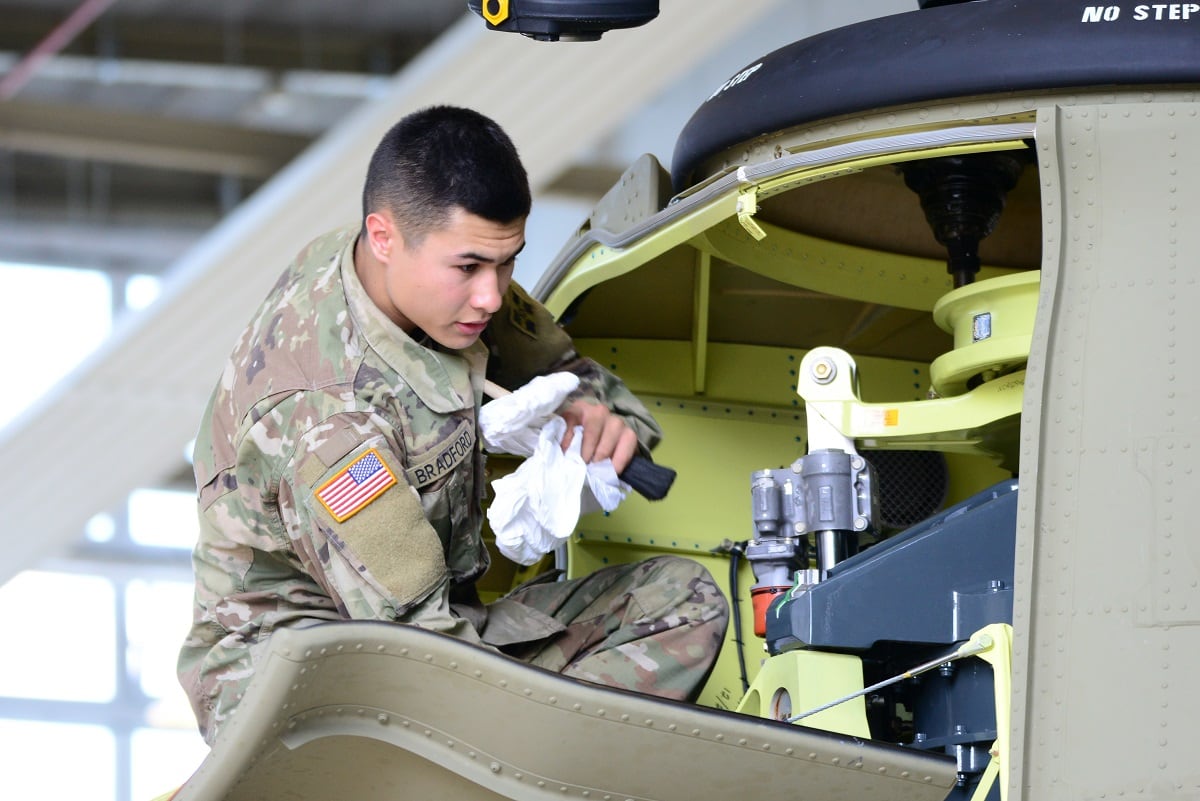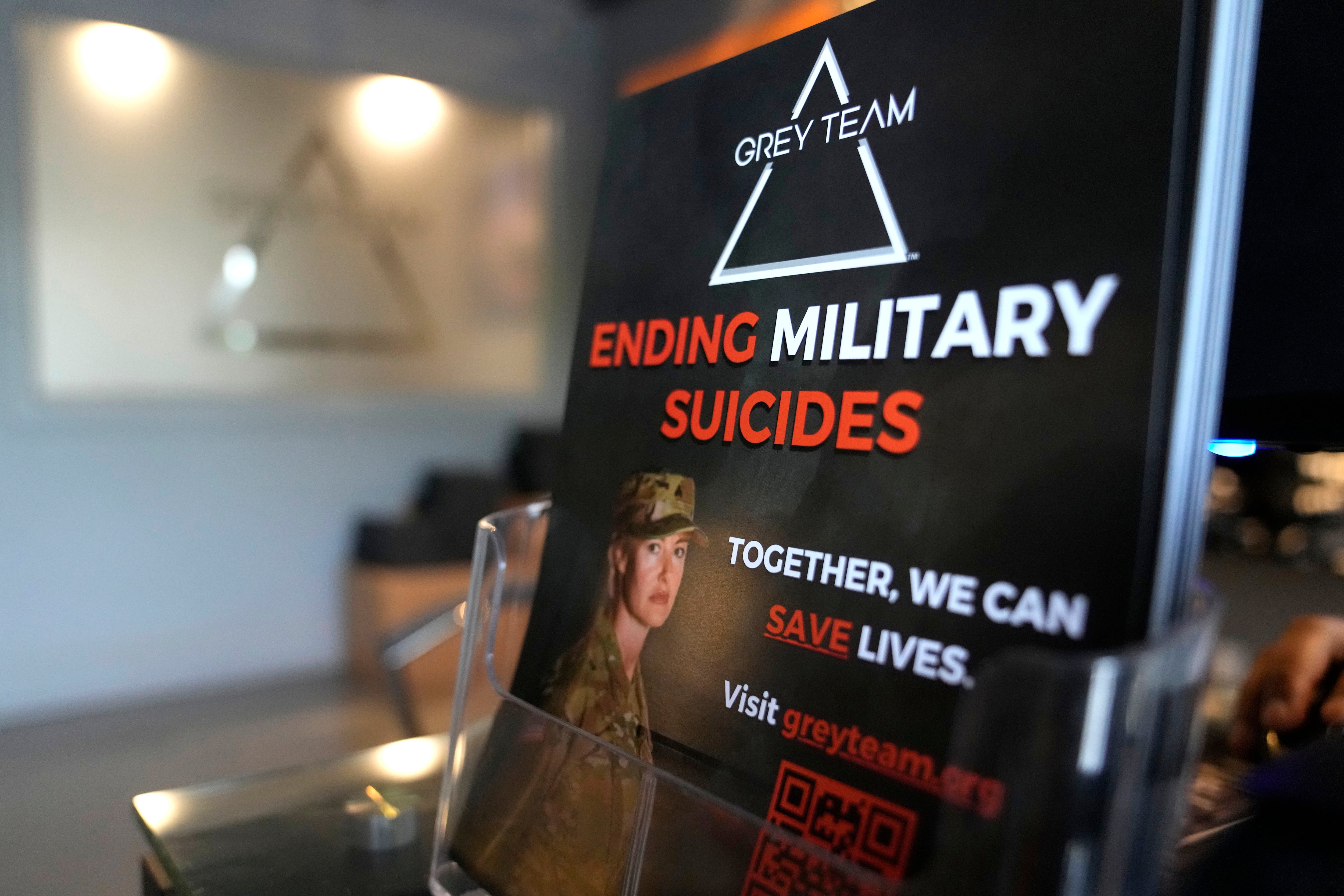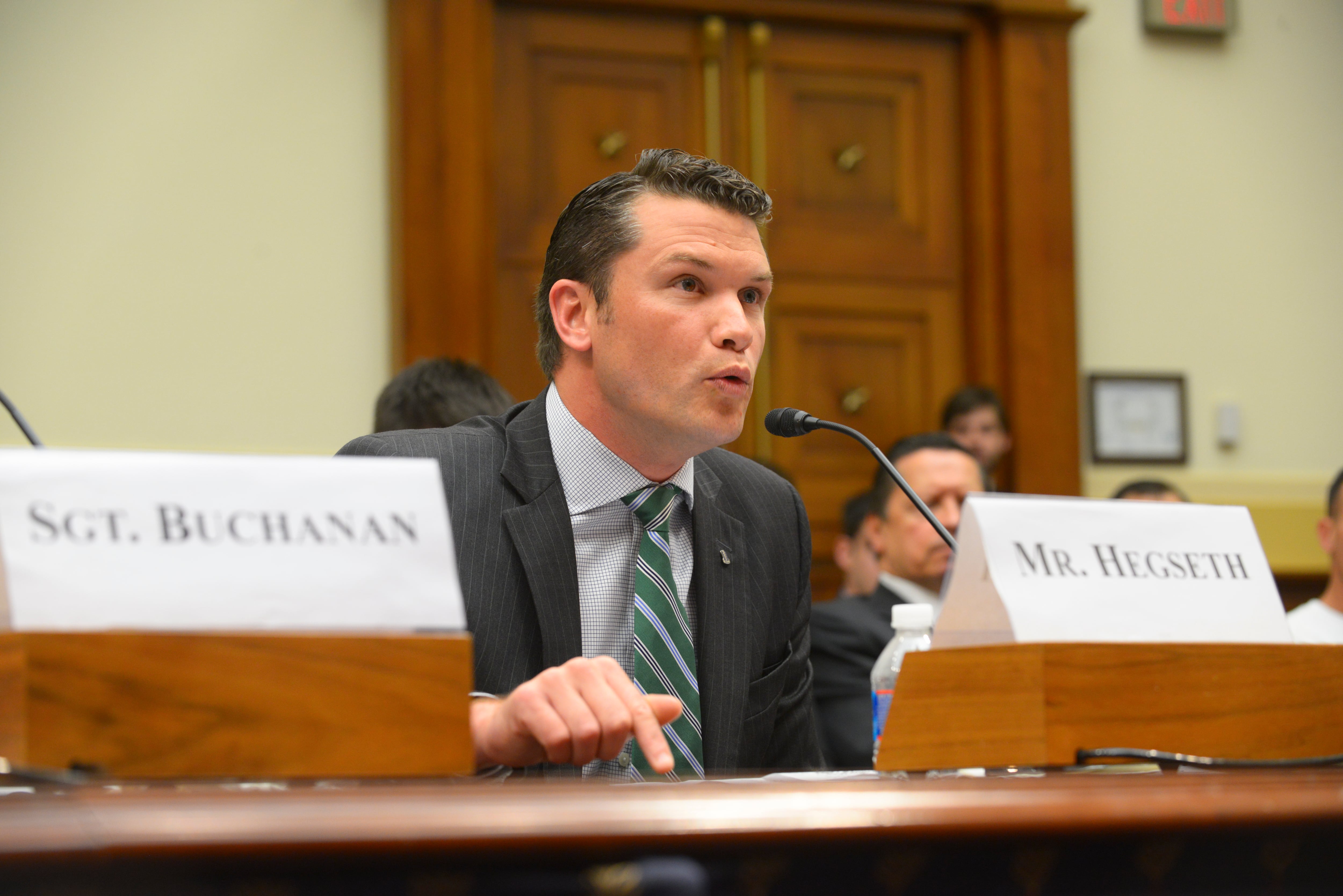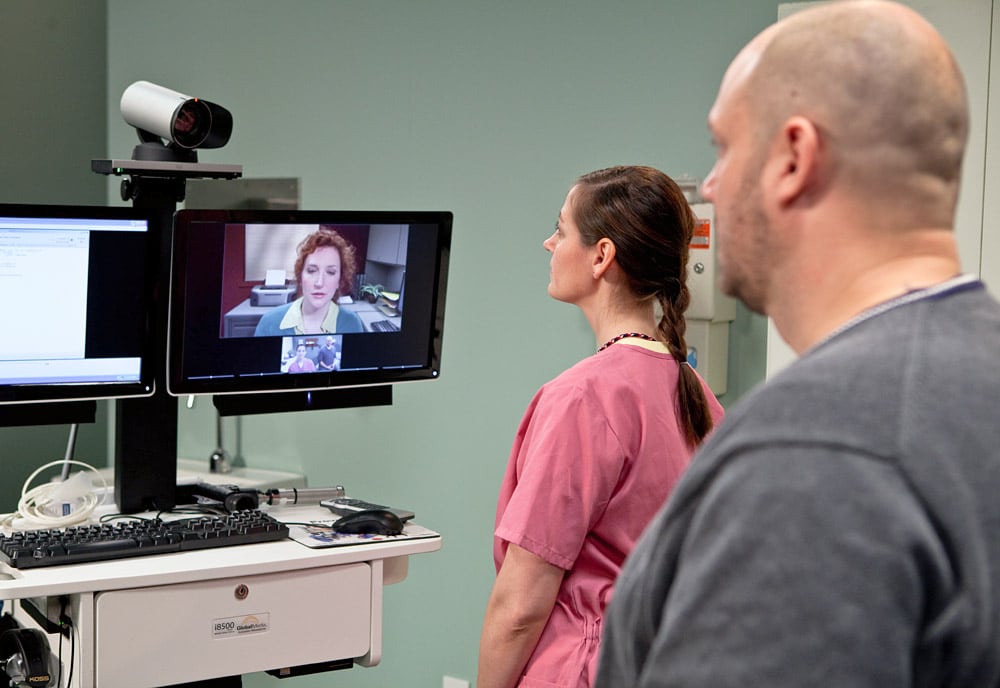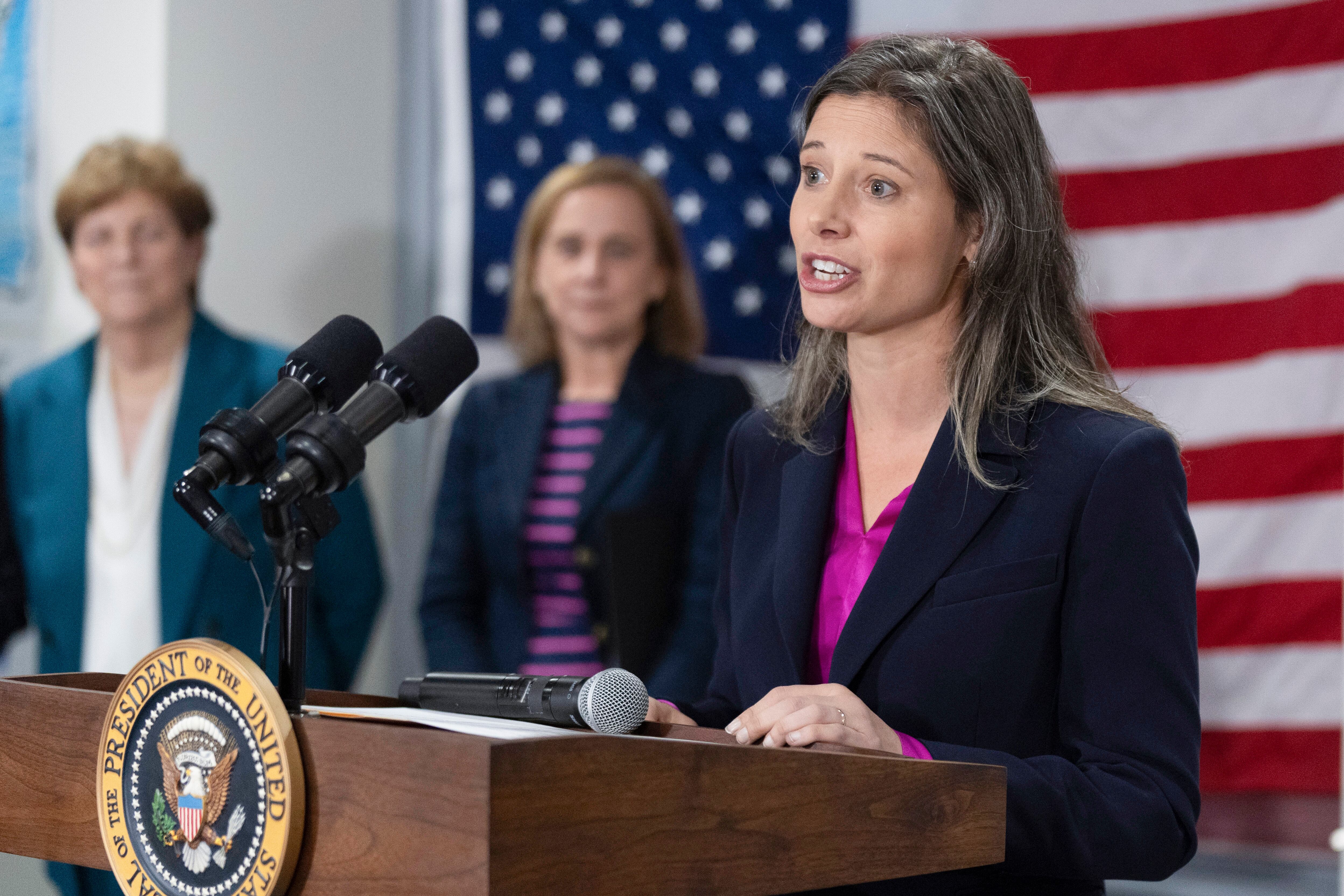Army Secretary Mark Esper has so far released 13 memos doing away with a long list of training and administrative tasks that soldiers have complained about for years.
The most recent update went live on Sept. 4 with a whopper: weekend safety briefs, the Army tradition that launched a thousand groans and parody videos, are no longer required.
“Supervisory and operating personnel who direct or affect the actions of others are no longer required to conduct safety meetings (such as safety awareness, training, and procedures review) with the Soldiers and Department of the Army Civilians who they supervise,” according to the memo.
That effectively ends the requirement that soldiers receive a safety brief before they take off for the weekend, Army spokesman Lt. Col. Christopher Ophardt confirmed to Army Times, though local commanders are still free to require them in their own organizations.
Also among the targets of memos nine through 13 are a range of safety trainings, 360-degree assessments and some corrosion control measures and procedures.
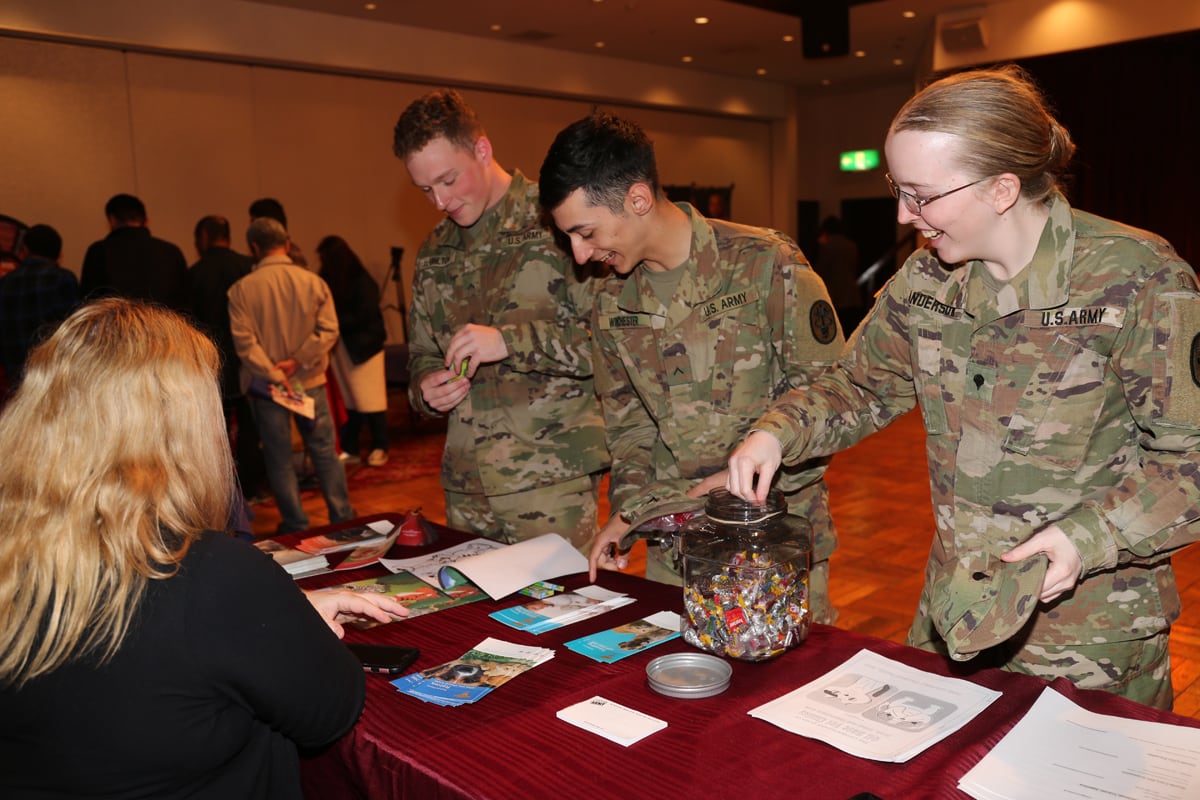
The full list of “Prioritizing Efforts - Readiness and Lethality” messages are now housed in one place online.
As of June 12:
- Noncommissioned officers, officers O-7 and below and civilian leaders no longer have to do 360 assessments.
- Units no longer have to do 360 assessments.
- Centralized selection list lieutenant colonel and colonel commanders no longer have to do 360 assessments.
- Quarterly Narrative and Statistical Report data no longer must be submitted to higher command.
- Command Supply Discipline Program valuations for active divisional companies are not required twice a year, rather than quarterly.
As of June 19:
- Commanders don’t have to use publish appointment orders for Military Work Order coordinators.
- Commanders do not have to ensure unit MWO coordinators and installation or state MWO coordinators work together to report all MWO applications.
- Commanders don’t have to use Army Regulation supplements or standard operating procedures to “provide guidance and enforce program requirements.” In short, they can use their own discretion.
- “100 Days of Summer” and “Critical Days of Summer” safety training or activities are not required.
As of June 26:
- Commanders do not have to participate in Center for Army Lessons Learned research.
- Expedited purchase orders don’t need a review in Global Combat Support System-Army, and units don’t have to assign disposal information for items ordered through it.
- Corrosion Prevention and Control refresher training is now required every other year, rather than yearly.
- Units are no longer required to send two people to Counter Radio Controlled Improvised Explosive Device Electronic Warfare Master Gunner Course unless necessary for a deployment.
- Units no longer have to maintain two field sanitation teams unless necessary for a deployment.
RELATED

As of Aug. 20:
- Commanders no longer have to appoint logistics readiness officers.
- Commanders don’t have to publish appointment orders for corrosion monitors.
- Brigade and below commanders don’t have to write out appointments of a support coordinator for test, measurement and diagnostic equipment.
- Commanders don’t have to use orders to appoint an electronic systems maintenance warrant officer to supervise support maintenance company calibration and repair support.
- Commanders don’t have to main a physical Corrosion Prevention and Control reference library.
- Commanders can ensure oversight for these activities “as they deem appropriate for mission accomplishment.”
As of Sept. 4:
- Supervisors are no longer required to conduct safety awareness meetings, training or procedures review.
- Aviation commanders no longer need to write up a safety philosophy.
- Aviation units don’t need a designated officer or NCO for foreign object damage prevention.
Warning: The below video contains adult language.
All told, the 13 messages have eliminated dozens of tasks. And while on paper they’re no longer required to be done a certain way, the message has been that it’s up to commanders use their discretion for when and how to structure some training and administrative tasks.
"I think, generally, the NCOs and officers in a platoon or company want to take care of their soldiers, and they understand it doesn’t run from nine to five, like in the civilian world,” Esper told Army Times in December.
Meghann Myers is the Pentagon bureau chief at Military Times. She covers operations, policy, personnel, leadership and other issues affecting service members.
